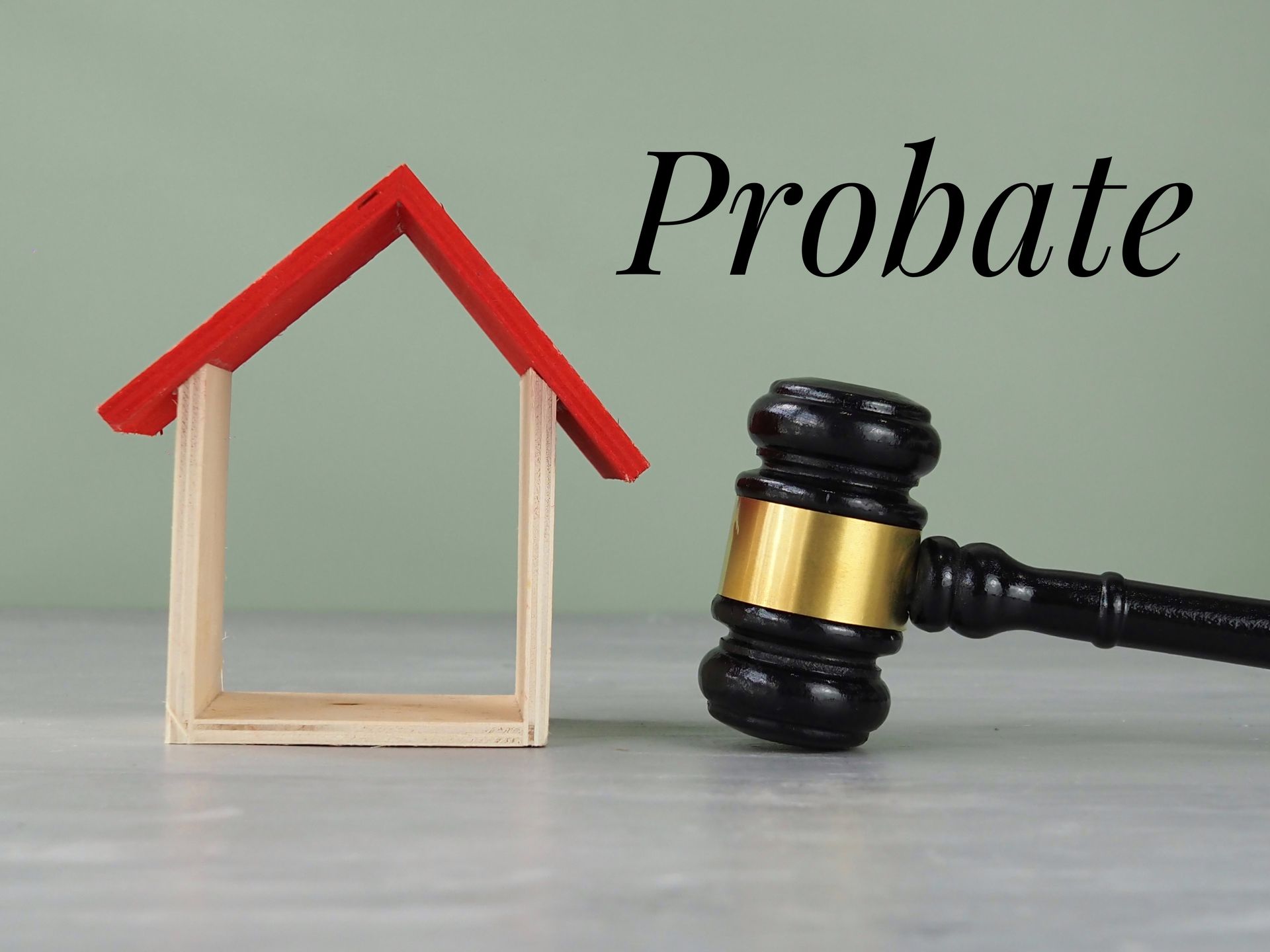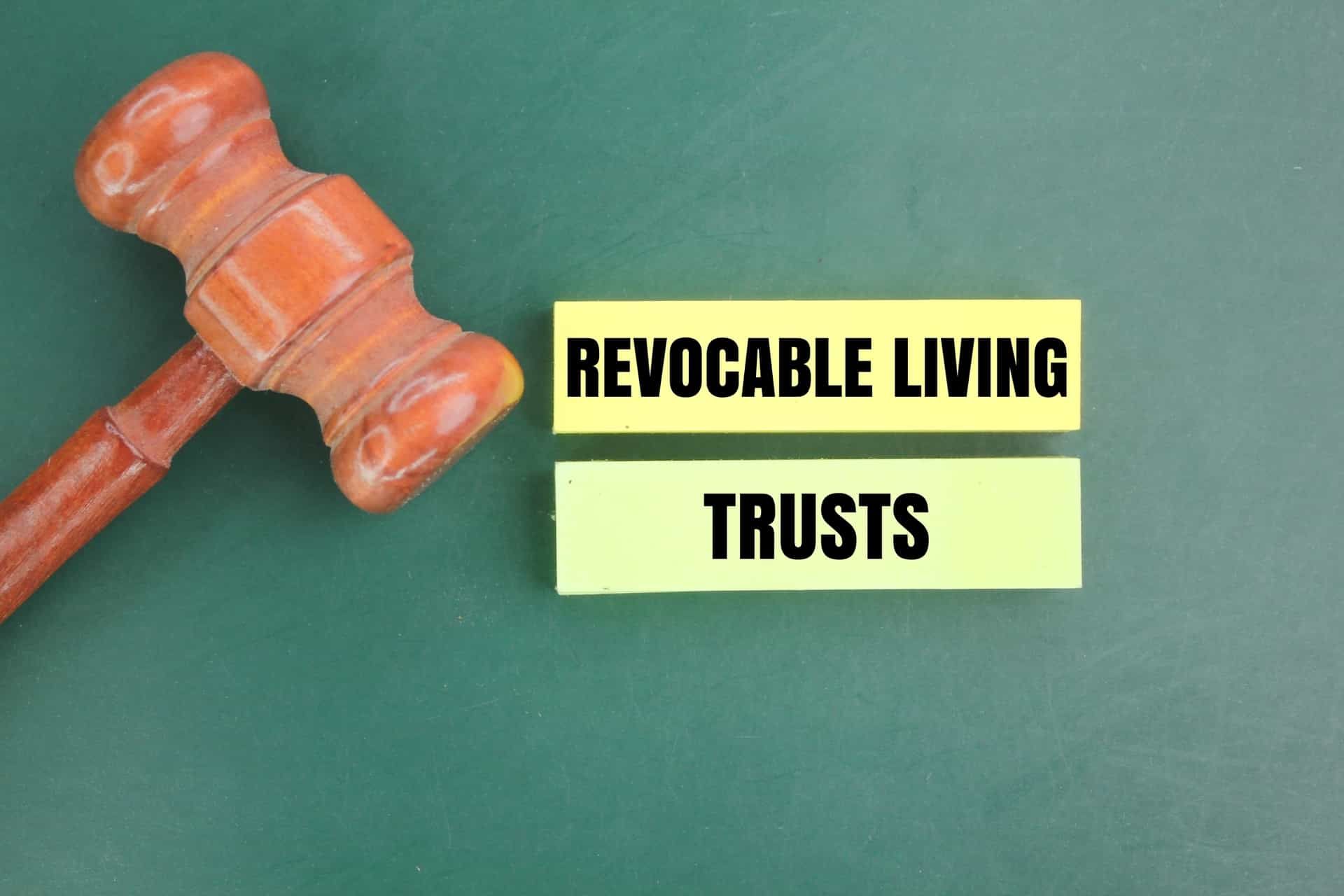The Complete Guide to Estate Planning for Elderly Parents
As our parents age, ensuring their desires are respected, and their belongings are safeguarded becomes increasingly essential. Planning for a parent's future is a step in giving them peace of mind and securing their legacy for the next generations. This handbook will delve into all the information about planning for elderly parents' estates, covering essential factors, crucial paperwork, and strategies to protect their assets and interests.
Understanding Estate Planning for Elderly Parent
Estate planning entails setting up financial arrangements to manage an individual's assets and affairs in the event of incapacity or death. For elderly parents, estate planning holds significance as they might encounter health issues or cognitive decline that could affect their ability to handle matters or healthcare decisions.
Through proactive estate planning for aging parents, they can establish a plan to ensure their wishes are respected, reduce taxes and expenses, and provide for their loved ones even after they pass away. Below are some reasons why estate planning is vital for elderly parents
Why Estate Planning is Vital For Elderly Parent?
1. Honoring Their Wishes: Estate planning enables elderly parents to outline how to distribute their possessions once they're no longer around. This ensures that their wishes are carried out smoothly and prevents conflicts among family members.
2. Safeguarding Assets: Estate planning plays a role in safeguarding aging parents' assets against financial risks like creditors, legal claims, and Medicaid regulations. Through thoughtful estate planning tailored for parents, incorporating trusts, gift-giving, and asset protection strategies can help secure their wealth for themselves and their heirs.
3. Reducing Tax Burdens and Costs: With prudent estate planning, parents' estates could avoid tax liabilities and expenses after passing. By adopting tax approaches such as trusts, lifetime gifts, and charitable contributions, elderly parents can mitigate estate taxes and administrative costs, preserving more of their assets for their loved ones.
4. Supporting Family Members: Estate planning empowers parents to support family members such as spouses, children, grandchildren, and other dependents. Customized estate plans for aging parents that include trust creation, beneficiary designations, and clear inheritance guidelines and their wills can ensure their family members are financially protected.
5. Avoiding Probate Proceedings: Effective estate planning enables parents to avoid the probate process—a potentially lengthy, expensive, and public legal procedure. When planning for the future of aging parents, using tools like living trusts, payable-on-death accounts, and beneficiary designations can help them pass on their assets smoothly and keep matters private.
6. Address Healthcare Decisions: Making healthcare decisions is crucial in estate planning for parents. By preparing documents such as healthcare directives and durable power of attorney, they can appoint trusted individuals to manage financial choices if they cannot do so themselves.
7. Provide Peace of Mind
One of the aspects of estate planning for elderly parents is the peace of mind it brings. By creating an estate plan, they can rest assured that their affairs are in order and their loved ones are cared for, allowing them to enjoy their years with a sense of security.
Key Components of Estate Planning for Elderly Parents
1. Will: A will is a document that specifies how an individual's assets will be distributed after their passing. Parents must have a will to ensure their estate is handled according to their wishes. A will can outline who receives assets, designate guardians for minor children, and choose someone to manage the estate after death.
2. Trusts: Trusts are a tool in estate planning for parents to handle assets efficiently, lower taxes, and avoid probate. Different types of trusts, such as living, irrevocable, and special needs, each serve different purposes and offer unique benefits. Trusts can benefit parents looking to safeguard assets, provide for beneficiaries with needs, or control how inheritance is distributed over time.
3. Advance Directives: Advance directives like the power of attorney and healthcare proxy allow individuals to appoint trusted representatives to make medical decisions if they cannot. For parents, having directives ensures that their wishes regarding finances and healthcare are followed even if they cannot communicate them directly.
4. Medical and Financial Information: Compiling and arranging medical information is essential in estate planning for elderly parents. This includes organizing documents such as bank statements, investment account details, insurance policies, healthcare directives, and contact information for healthcare providers and financial advisors. Ensuring this information guarantees that influential decision-makers possess the required details to handle your parent's affairs effectively.
5. Planning for Estate Taxes:
Estate tax planning holds significance for parents with assets as it aids in reducing the tax load on their estate and maximizing the inheritance for their beneficiaries. Tactics like giving gifts, charitable donations, and utilizing estate tax exemptions can help estate taxes and safeguard wealth for generations. Seeking guidance from a qualified estate planning lawyer or financial advisor can assist parents in creating a tax estate plan tailored to their circumstances.
Common Hurdles in Estate Planning for the Elderly Parents
Typical obstacles encountered in estate planning for seniors include:
- Navigating family relationships.
- Addressing potential issues related to incapacity.
- Making healthcare decisions.
- Minimizing taxes.
- Ensuring that the estate plan accurately reflects the wishes and intentions of the older adult.
Family disputes and disagreements regarding inheritances or asset distribution may surface, necessitating mediation and communication among family members. Moreover, concerns about decline or incapacity might require appointing a trusted representative to manage matters and healthcare choices on behalf of the elderly individual.
Regarding estate and capital gains taxes, some challenges need to be addressed through planning to lessen tax obligations and increase the estate value for beneficiaries. Elderly parents must have a legally sound estate plan regularly updated to accommodate changes in circumstances or preferences, ensuring their assets are protected and their loved ones are provided for effectively.
Conclusion
In summary, estate planning for parents is vital to honoring their wishes and safeguarding their assets. By creating an estate plan that includes drafting a will, setting up trusts, executing advance directives, organizing medical information, and implementing strategies to manage estate taxes, elderly parents can know their affairs are well organized, and their legacy is protected.
At
Doane & Doane, Palm Beach Gardens, Florida. We specialize in guiding families in West Palm Beach, Florida, through the complexities of estate planning to ensure loved ones are cared for according to their desires. Contact us today for information on how we can help you develop an estate plan for your elderly parents.
Disclaimer: The information on this website and blog is for general informational purposes only and is not professional advice. We make no guarantees of accuracy or completeness. We disclaim all liability for errors, omissions, or reliance on this content. Always consult a qualified professional for specific guidance.
RECENT POSTS
CONTACT US
We will get back to you as soon as possible.
Please try again later.
GET IN TOUCH
We will get back to you as soon as possible.
Please try again later.
Quick Links
Practice Areas
Contact Us
Palm Beach Gardens office:
2979 PGA Boulevard #201,
Palm Beach Gardens, FL 33410
All Rights Reserved.
Website Designed & Managed by Oamii.






